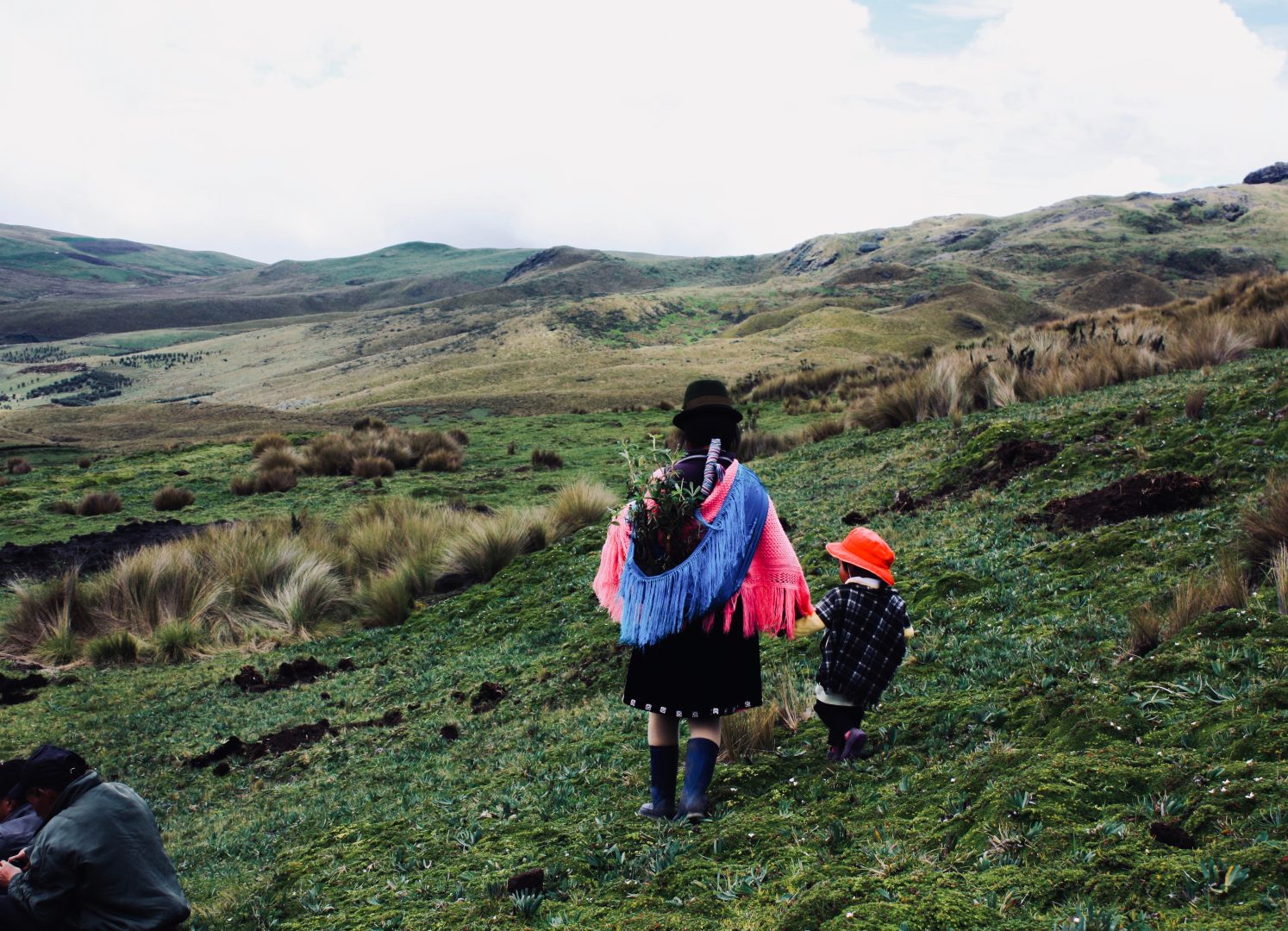The idea that travel can be educational and positively influence international affairs motivated the first Reality Tour in 1988. Global Exchange’s Reality Tours are not designed to provide immediate solutions or remedies to the world’s most intractable problems, nor are they simply a kind of voyeurism. Rather, Reality Tours are meant to educate people about how we, individually and collectively, contribute to global problems, and, then, to suggest ways in which we can contribute to positive change locally and internationally.
Reality Tours offer participants an opportunity to journey to other countries to examine a situation first-hand, to see beyond what is communicated by the mass media. By joining us on one of these delegations, participants have the chance to learn about unfamiliar cultures, meet with people from all walks of life, and establish meaningful relationships with people from other countries.
For decades Reality Tours has promoted experiential education and alternative, sustainable and socially responsible travel as a way to empower our participants while promoting the local economy and wellbeing of our hosts. Relationship building is essential to this transformation. Every tour seeks to establish people-to-people ties through introducing participants to local individuals that most travelers would never meet on their own. These ties, we hope, will also prompt participants to examine their own societies and inspire learning, sharing and advocacy after the tour is over.
Reality Tours offers over 100 delegations a year to over 40 destinations that address contemporary political, economic, environmental, and cultural issues around the world. You can begin your search for a tour by country, date, or issue. We also offer customized trips for a wide range of groups and organizations.
What is Socially Responsible Travel and Why is it Important
At Global Exchange Reality Tours, we talk a lot about ‘socially responsible’ travel. But what does this mean, exactly? What is socially responsible travel, and how do you make sure you are doing it as a traveler?
Below, we’ve put together a set of attitudes and behaviors that we believe make up some of the core ingredients of socially responsible travel. Read on to travel wisely and ethically on your next trip abroad.
Ingredients of Socially Responsible travel
- Before leaving home, learn as much as possible about the country you are visiting – the culture, rules, norms, values, history, language, etc. While in-country, always keep these things in mind and respect important norms and values.
- Support locally-owned businesses to ensure that the money you spend remains in the country you visit. A major problem of modern day tourism, especially amongst large, international tour companies, is that much of the profit does not remain in-country, instead flowing to foreign companies and individuals. This means staying in locally-owned lodging, eating in locally-owned restaurants, and using local guides and tour operators.
- Ensure fair wages and tips are being paid to your guides and drivers. Ask if tips are included in your tour, excursion, drive, etc. If tips are not included, ask what people generally give or what is fair. Likewise, if you don’t know or have doubts about the treatment of workers, ask and speak with ownership/management. If you discover something malicious, report the company to local authorities and post your findings to travel review sites such as TripAdvisor.
- Refrain from harmful volunteering. If you do want to volunteer, first do proper research on the volunteer group and the work itself. Make sure it is truly contributing positively to the community. Learn about how some volunteering, although well-intentioned, can actually have negative effects on local sustainable development.
- Learn some of the local language – even just a few words or phrases – and attempt to use them. Don’t simply assume people understand english or want to speak it with you.
- Give mindfully. Consider donating to reputable local organizations. Donate to organizations, programs, National Parks and communities that you visit.
- Always remain aware of your privilege. Even if you do not consider yourself rich, the ability to travel internationally is a luxury and a sign of having money. It is important to keep in mind that most people around the world do not have this ability, and there are inevitably power dynamics at play when it comes to this. Also, it is important to keep in mind uncomfortable realities of history, especially as it relates to colonialism, race and economic exploitation throughout both recent and past history that have given rise to and exacerbated these power dynamics and economic differences.
- Always ask before taking photos or videos of people.
- Respect the local environment. Always clean up after yourself. When camping, bring out what what you bring in. Protect wildlife and habitats by not purchasing products made from endangered plants or animals.
- Support fair trade and fair wage. Purchase local handicrafts and products to support the local economy using the principles of fair trade. Bargaining for goods should reflect an understanding of a fair wage.
- Never participate in sex tourism and refrain from all trafficking in illicit drugs, arms, antiques, protected species, and products or substances that are dangerous or prohibited by national regulations.
- Ask questions and listen more than you talk. Don’t give unsolicited advice.
- Bring it home: change your purchasing behavior, the companies you support, the way you live, how you vote, and consider continued support of organizations or communities you visited.
